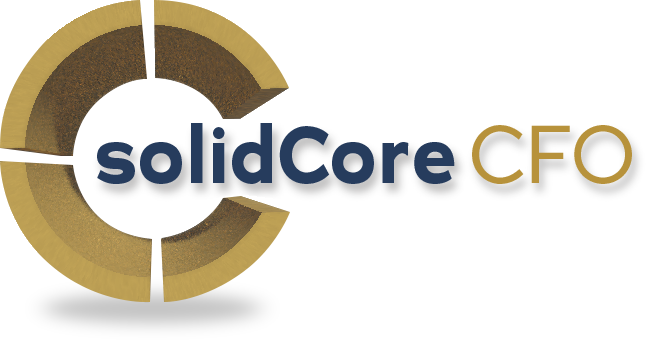The Balancing Act of Consistent Healthy Cashflow
The Balancing Act of Consistent Healthy Cashflow
Working capital—the difference between a company’s current assets (like cash, inventory, and accounts receivable) and its current liabilities (such as accounts payable and short-term debt)—is the lifeblood of any organization. It ensures smooth day-to-day operations, covers short-term obligations, and fuels growth. However, achieving optimal working capital balance is akin to walking a tightrope. Extended payment cycles, where customers delay settling invoices, can strain liquidity. Businesses must find a delicate equilibrium between maintaining enough cash on hand and not tying up excess capital.
Collections can pose significant challenges for business-to-business (B2B) operations, especially when dealing with intricate relationships with key customers. Unlike a straightforward pay or we will not do business with you scenario, B2B collections require finesse and strategic approaches.
Let’s explore alternative strategies to improve your chances of receiving timely payments:
-
- Secure Upfront Deposits: When dealing with new customers or those with a history of payment delays, consider requesting an upfront deposit. This deposit, typically a small percentage of the total contract or order value, provides assurance and encourages prompt payment. You might also explore the concept of a service retainer fee, akin to how law firms operate.
- Implement Late-Payment Fees: Leverage the familiarity customers have with late-payment fees (commonly encountered with credit card companies). Consider adding fees or finance charges to overdue accounts. Additionally, for severely delinquent accounts, you can place them on credit hold or adjust their payment terms to cash on delivery.
- Encourage Timely Payments: An effective collection strategy goes beyond penalizing slow-paying customers. It also involves incentivizing those who consistently pay on time or have the potential for a long-term relationship. Consider offering discounts to customers with strong payment histories or those who have improved their payment timeliness over a specific period.
- Proactive Communication: Implement regular email reminders and make live phone calls to customers with outstanding accounts. If frontline employees can’t resolve payment issues, escalate the matter to a manager or directly involve the business owner. In extreme cases, consider using a promissory note to prevent future disputes.
- Seek External Assistance: If your collection efforts remain unsuccessful despite repeated attempts, consider engaging external help. This could involve hiring a debt collection attorney or working with a collections agency. Keep in mind that third-party fees may impact the overall amount collected, so use this as a last resort. Additionally, document each customer’s payment promises and the details of your collection efforts.
Linda Hammons, Managing Partner at solidCore, collaborates with companies across various industries and sizes, assisting them in establishing robust financial foundations and maintaining consistent working capital. If you believe your company could benefit from strategies to enhance cash flow and optimize collections, we invite you to explore our services at solidcorecfo.com

